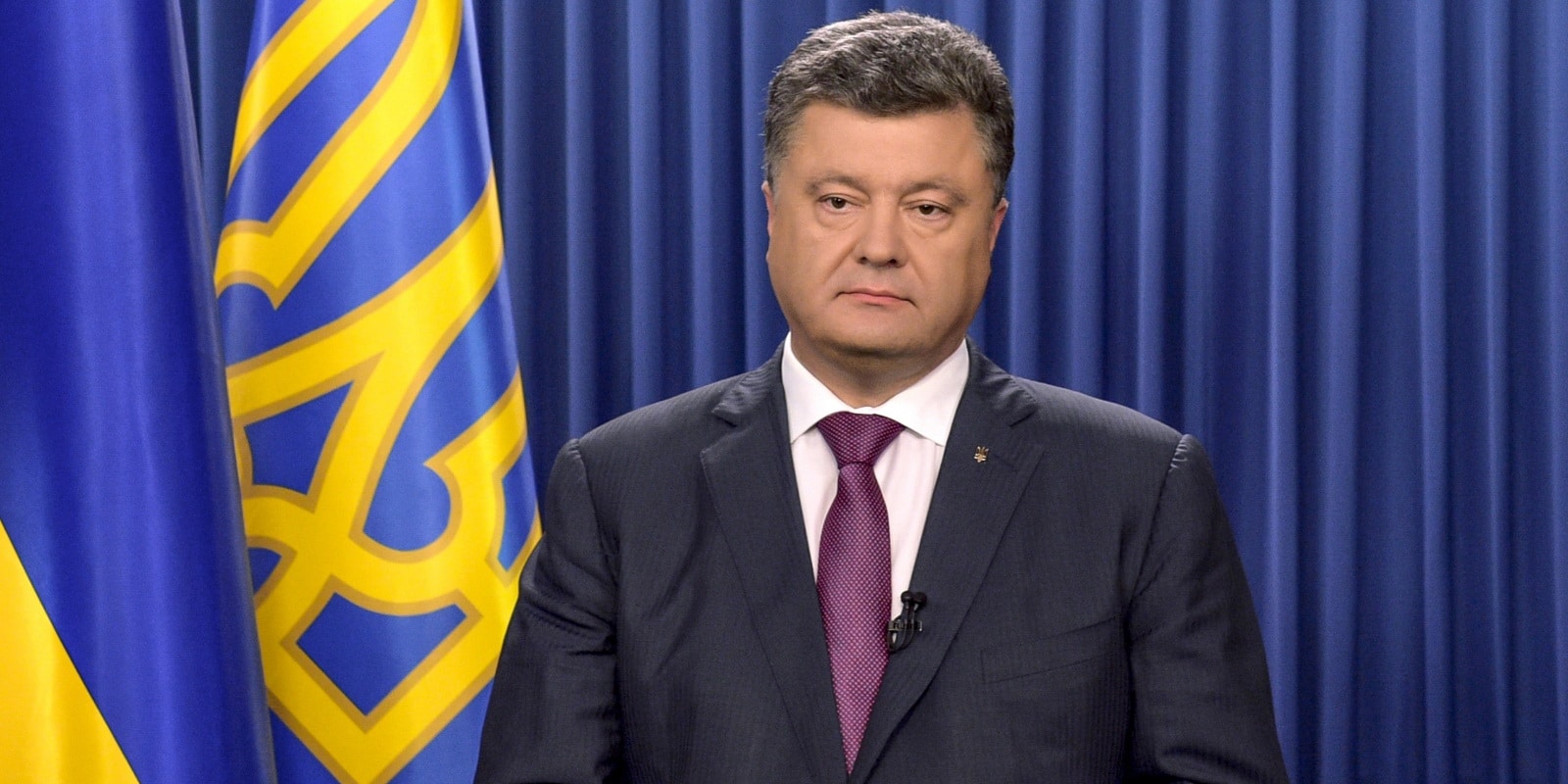Salman bin Abdulaziz Al Saud was born on 31 December 1935, in Riyadh Saudi Arabia, and has been King of Saudi Arabia since 23 January 2015, succeeding to the throne on the death of his brother Abdullah. The title automatically encompasses Custodian of the Two Holy Mosques, referring to the Masjid al-Haram in Mecca, and the Masjid al-Nabawi in Medina: the title replaces the normal His Majesty. He is also head of the house of Saudi.
So just how rich is King Salman? Authoritative sources estimate that the King’s personal net worth is over $18 billion, partly from inheritance but also from investments, particularly resources including oil. Collectively, the Saud family is quite possibly the richest in the world.
King Salman Of Saudi Arabia Net Worth $18 Billion
As with most children of the royal family, Salman was educated at the private Princes School in Riyadh, studying especially religion and modern science. At 19, he was appointed deputy governor of Riyadh Province, and then governor in 1963, a post he was to hold for 48 years, during which period Riyadh city itself developed into a modern metropolis. He is known to have developed relationships with western countries, visiting western Europe and North America amongst others, as well as stabilising Saudi Arabia’s position with neighbouring countries. He also managed to strike an appropriate balance between the competing demands of the royal house, tribal affairs which still influence Saudi politics, and religious/clerical issues which dominate the way the country overall is governed.
In 2011 Salman was appointed Minister for Defence, which of course meant membership of the National Security Council, and also incorporated becoming second Deputy Prime Minister. Further visits were made to countries who were becoming western allies, including strengthening military ties and purchasing defence equipment. In 2012 Saudi Arabia joined in the coalition against Islamic State in Iraq and Syria.
Also in 2012, Salman was named Crown Prince following the death of his brother, ie successor to the throne. This appointment was partly seen as reward for his diplomatic skills, both in the region and with dealings with western countries. Internally, however, he was seen as an economic rather than a political reformer – continuation of the absolute monarchy was assured, although selection of future kings is likely to be by a committee of Saudi princes as determined by decree in 2006.
Regardless, Salman’s ascension to the throne was seamless – senior political, advisory and many ministerial positions continue to be filled by members of the House of Saud as appointed by the King, although experts from the wider family, and commoners, are frequently co-opted to relatively senior governmental positions.
However, and interestingly, Salman has already re-organised government structure. There are now just two councils: newly appointed Crown Prince Mohammed bin Nayef is head of Political and Security Affairs, and Deputy Crown Prince, Secretary General of the royal Court Prince Mohammed bin Salman heads the Council for Economic and Development Affairs, thereby confirming power in the hands of the Suderi faction of the family. These appointees are respectively nephew and second son of the King, and now first and second in line to the throne.
In his personal life, dates of marriages and numbers of children are notoriously difficult to identify in Saudi Arabia, however, King Salman was firstly married to Sultana bint Turki Al Sudairi, who died at the age of 71 in 2011, and with whom he had five sons (two deceased) and a daughter. He has one son to his second marriage to Sarah bint Faisal Al Subai’ai, and six sons from his third marriage to Fahda bint Falah bin Sultan Al Hithalayn. Several sons occupy positions of authority in the kingdom.
King Salman is a noted philanthropist, donating large sums to poor Islamic nations to aid educational development in particular. Contrarily, human rights in Saudi Arabia are still seen as somewhat behind the ideal situation, unsurprising in a country still ruled by an absolute monarchy. The King has stated that democracy would be counter-productive in the Kingdom, as the plethora of tribes means parochialism would be highly likely.


